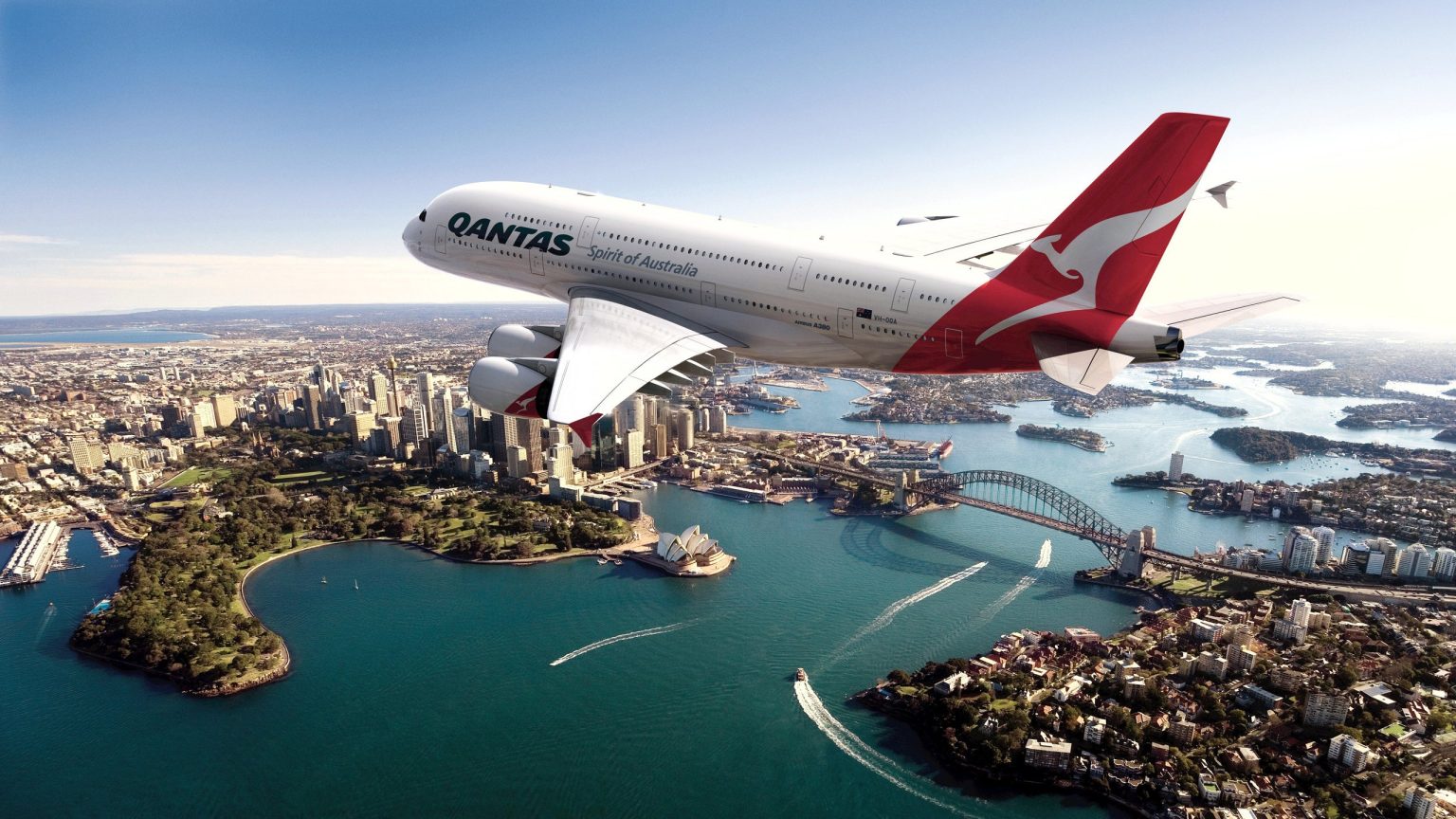Qantas is set to redefine long-haul travel with its upcoming non-stop flights from Sydney and Melbourne to London, planned for 2026. As the aviation industry recovers post-Covid, these routes are part of Qantas’ strategy to strengthen its market presence.
Amidst global capacity recovery pressures on fares, Qantas is focused on fleet expansion and strategic route planning. This initiative underlines the airline’s commitment to innovation and customer satisfaction, aiming to offer unparalleled travel experiences.
Qantas’ Strategic Ambitions
Qantas is making strategic strides with its announcement to launch non-stop flights from Sydney and Melbourne to London by 2026. This move is part of the airline’s ambitious plan to broaden its international reach and cater to the increasing demand for long-haul travel. The introduction of these routes is expected to strengthen Qantas’ position as a leading global carrier, providing passengers with more direct travel options.
Financial Performance and Fleet Expansion
Despite facing a 16% decline in underlying pre-tax profits to A$2.08 billion (£1.08 billion) in the year ending June, Qantas remains resilient. The airline’s revenue from its international services also fell 11%. This was attributed to increased competition post-pandemic. However, Qantas is not deterred, as it focuses on expanding its fleet with 20 new aircraft set to arrive over the coming year.
The integration of more A380s into its fleet and plans for the new A350-1000ULR to facilitate long-haul routes is part of Qantas’ ongoing investments in its operational capabilities. This investment is expected to enhance service reliability and customer satisfaction, crucial components in a competitive market.
Current Market Dynamics
The return of global airline capacity has introduced downward pressure on fares. Despite this, Qantas’ non-stop routes such as Perth-London continue to demonstrate significant popularity. The airline anticipates a 7-10% decrease in group international unit revenue in the upcoming half-year, although a positive growth trend is expected by the fourth quarter of 2024-25.
A key factor in Qantas’ strategy is to capitalise on the recovering travel market, tapping into the high demand for international flights. The airline sees this as an opportunity to capture market share and boost its profitability through strategic route expansions.
CEO Insights on Future Plans
Qantas Group CEO, Vanessa Hudson, highlighted the company’s robust integrated portfolio as a major strength. She noted the increased demand for premium seats and the growth in corporate travel as pivotal to Qantas’ success in the competitive aviation sector. Her insights stress the importance of continued investment in fleet renewal and customer service improvements, aiming to maintain Qantas’ position as a leading airline.
With the commitment to acquiring new aircraft and enhancing operational reliability, Qantas is poised to meet the evolving needs of travellers. Hudson reiterates that these strategic investments will also support shareholder returns, aligning with the company’s long-term vision.
Anticipated Challenges and Opportunities
The aviation industry faces numerous challenges, including increased competition and fluctuating demand. However, Qantas leverages these challenges as opportunities, focusing on fleet renewal and expanded services to remain competitive. The airline’s strategy to offer non-stop flights and invest in next-generation aircraft underscores its commitment to innovation and meeting customer expectations.
Qantas is strategically positioned to adapt to changing market conditions, with ongoing investments aimed at improving its service offerings. This proactive approach is expected to yield sustained growth and enhanced market positioning in the coming years.
Customer Experience and Satisfaction
Qantas has made significant strides in improving its on-time performance and customer satisfaction. The airline’s focus on operational reliability and customer-centric initiatives resulted in it being recognised as the most punctual major domestic airline, reflecting its commitment to providing quality service.
Investments in fleet renewal and enhanced customer service are expected to further improve customer experience, positioning Qantas as a preferred choice for both business and leisure travellers.
Conclusion – Strategic Vision for 2026 and Beyond
Qantas’ plans to offer non-stop flights from Sydney and Melbourne to London mark a bold step in its strategic vision. As the airline continues its fleet renewal and service enhancement, Qantas aims to meet the growing demand for international travel, asserting its position as a leader in the aviation industry.
In 2026, Qantas will revolutionise travel with non-stop flights to London. The airline’s strategic vision, underpinned by fleet expansion and service enhancement, aims to meet rising international travel demands.

